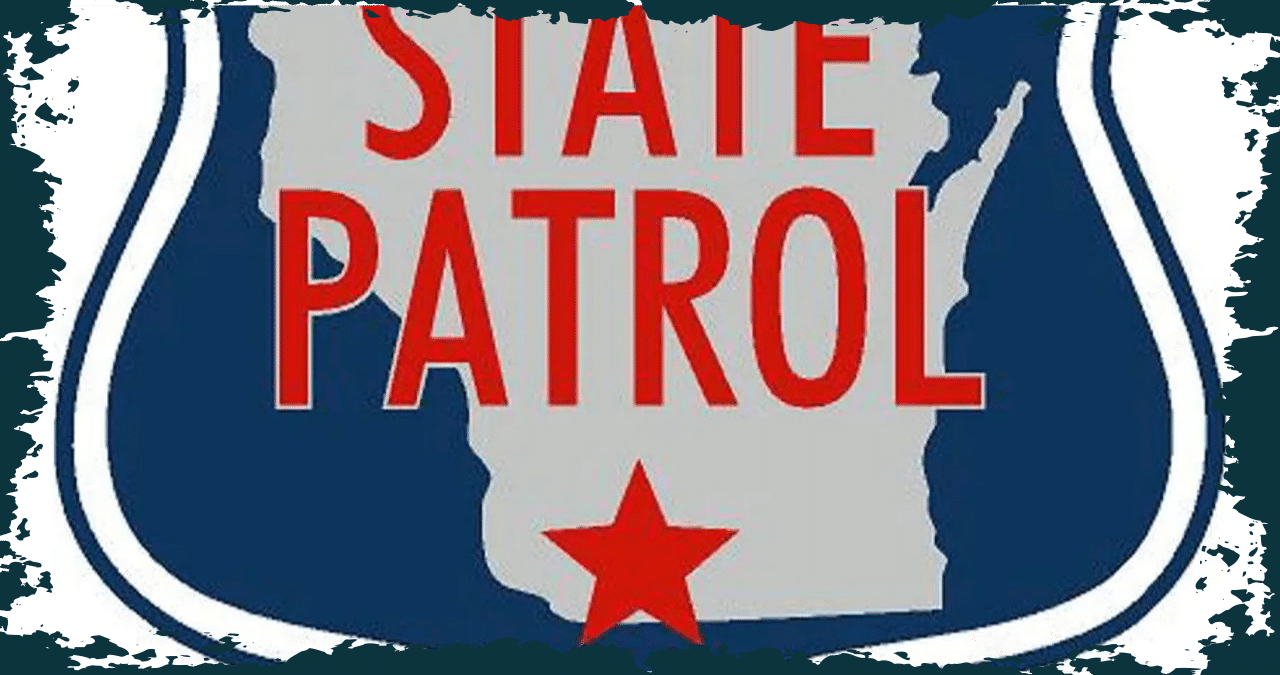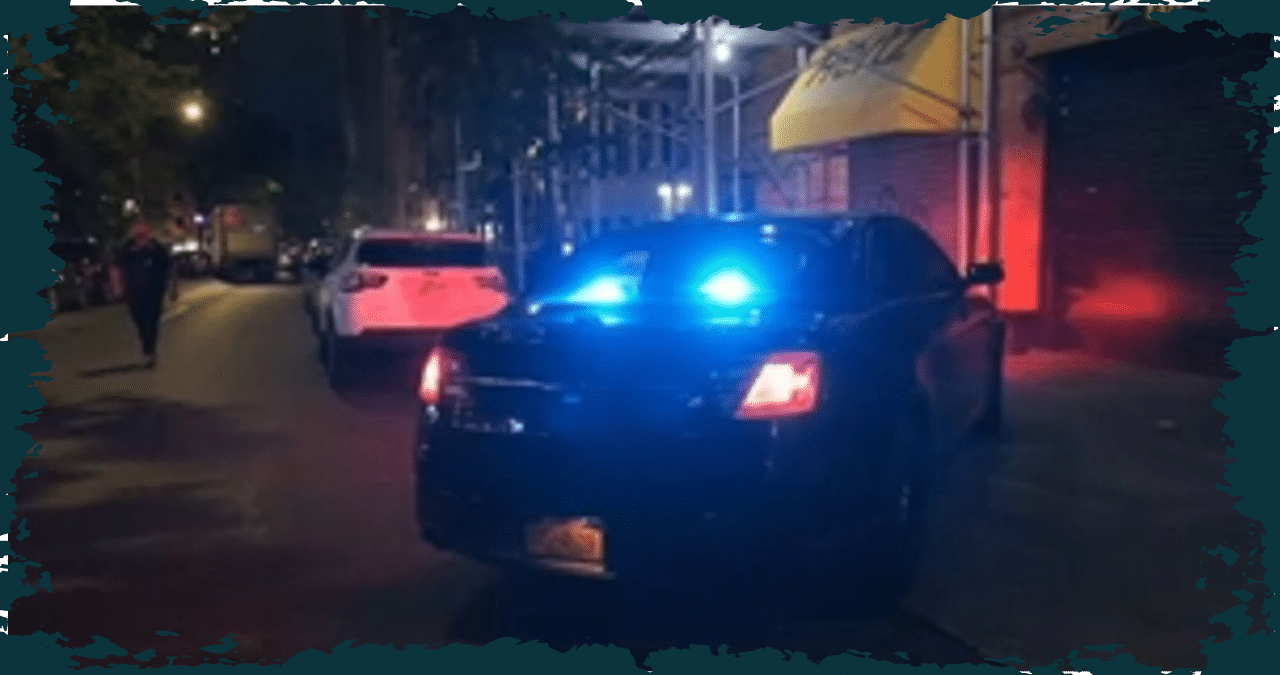Despite the increasing trend of legalizing marijuana in the Midwest, Wisconsin State Patrol continues to arrest more individuals for possession of the substance. Surprisingly, this is happening while the number of marijuana possession arrests at the local level is decreasing.
According to data compiled by the Federal Bureau of Investigation, the number of arrests for marijuana possession on Wisconsin highways rose from 1,292 in 2019 to 1,666 in 2022.
The percentage of Black people arrested for marijuana-related offenses has doubled as more Wisconsinites face charges for something that is legal in neighboring states.
According to the FBI, the percentage of Black people arrested for marijuana possession by the State Patrol has doubled since 2015. In 2015, they accounted for 18% of the 825 arrests, while in 2022, that number rose to 36% out of 1,666 arrests.
According to national studies on drug use, White and Black people have been using marijuana at comparable rates for a long time. Despite this fact, the percentage of Black population in the state has increased from 7.1% in 2010 to 7.7%.
According to Amanda Merkwae, the advocacy director for the American Civil Liberties Union of Wisconsin, the impact of the outdated drug war policing mindset is extremely destructive. She expressed her concern, stating that people’s lives are being severely affected by this approach. Merkwae finds it devastating to witness the harm caused by this approach.
In the past five years, neighboring states of Wisconsin, including Illinois, Michigan, and Minnesota, have legalized marijuana. While the regulations concerning driving with marijuana differ in each state, it is allowed to have more than an ounce of marijuana in the vehicle as long as it is secured and out of reach of the driver.
According to the Wisconsin Policy Forum, approximately 50% of Wisconsin residents can easily access a dispensary in a neighboring state within just a 75-minute drive. In fact, in 2022, Wisconsinites who crossed the border to purchase cannabis in Illinois contributed a significant $36 million in tax revenue to the state.
State Patrol data obtained through an open records request has revealed that arrests for marijuana possession saw a surge in 2021 in counties with Interstates near the border with Illinois. However, the numbers declined the following year.
In 2021, a total of 146 individuals were arrested in Kenosha, Racine, and Rock counties by state troopers for possession of marijuana and related paraphernalia, which is a significant increase from the 104 individuals arrested in 2019. However, in 2022, the number of arrests decreased to 103 in the same three counties.
Rock County experienced a significant surge in post-legalization arrests. In 2019, the county only had seven arrests related to cannabis. However, between 2020 and 2022, the average number of yearly arrests increased to 31, following the legalization of the substance.
In 2020, the Sunnyside Cannabis Dispensary opened in South Beloit, situated about 2,000 feet away from the Rock County line on the Wisconsin border. The recent arrests are in conjunction with the dispensary’s opening.
According to the Wisconsin Department of Transportation, which oversees the State Patrol, the possession of marijuana is still against the law in Wisconsin. This statement was made in response to the increasing number of arrests related to marijuana use.
According to the DOT, it’s not entirely evident what exactly is prompting state troopers to make more marijuana-related arrests or the specific probable cause utilized to conduct a search for the drug within a vehicle. The usual methods for troopers to establish cause for a marijuana search include detecting its scent, visible signs, admissions from passengers, and drug-sniffing dogs.
According to the DOT, the origin of the marijuana holds no significance. Regardless of whether it was obtained legally in another state, if officers from the Wisconsin State Patrol or any other law enforcement agency discover any illegal substances, including marijuana, they will take necessary enforcement measures based on the situation.
Privacy protections prevent the DOT from disclosing any demographic information about individuals who are arrested for weed possession on the border. The State Journal did not request any identifying information, such as names or addresses, yet the DOT still declined to release any information.
Bill Lueders, president of the Wisconsin Freedom of Information Council, expressed his disapproval of law enforcement agencies withholding demographic information, stating, “It’s highly improper for them to withhold demographic information. I’ve never ever heard somebody in law enforcement say that a person who’s been charged with a crime has privacy.”






